Russia USSR stamp year 1950 Decembrist Rising Used
🇷🇺 USSR 1950 – 125th Anniversary of the Decembrist Uprising Stamp
📮 Issue name: 125‑летие восстания декабристов / 125th Anniversary of the Decembrist Uprising
📅 Year of issue: 1950 (30 December 1950)
📏 Denomination: 1 ruble
📇 Catalogue number (USSR / ЦФА): 1591
🖼 Design:
The stamp depicts portraits of key executed Decembrist leaders who participated in the December 1825 uprising against autocratic rule in Imperial Russia. This event is recognized in Russian history as an important early push for political reform.
📮 Usage:
- This stamp was issued as a commemorative postage stamp, not a souvenir or poster.
- It was released into regular postal circulation on 30 December 1950 to mark the historical anniversary.
📮 Collecting the Used Version:
- A used (cancelled) copy of this stamp is often listed in collector markets and online auctions.
- Because it is a higher‐denomination commemorative issue from the early post‑war Soviet period, such used copies are reasonably collectible, though not typically rare. (Collectors value it for its historical theme and post‑war print run.)
📌 Historical Context:
The Decembrist Uprising took place on 14 December 1825 (Gregorian calendar) when a group of Russian army officers and nobles protested autocratic succession and serfdom. The revolt was quickly suppressed, but it became symbolic in Russian reformist history.

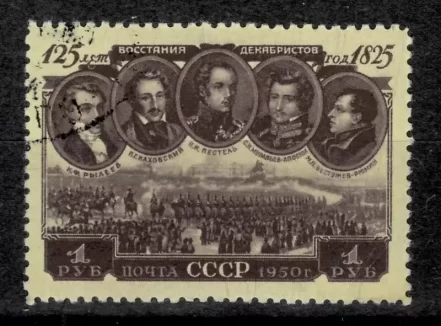

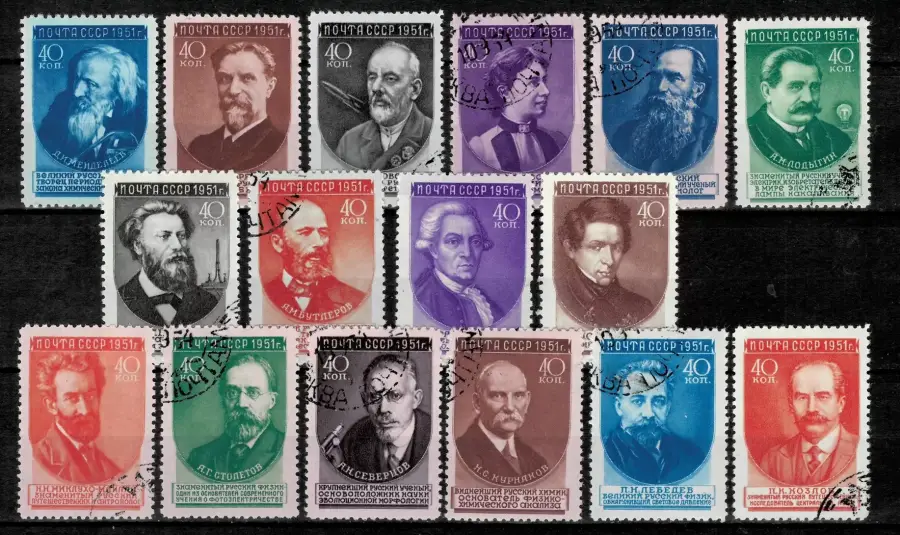
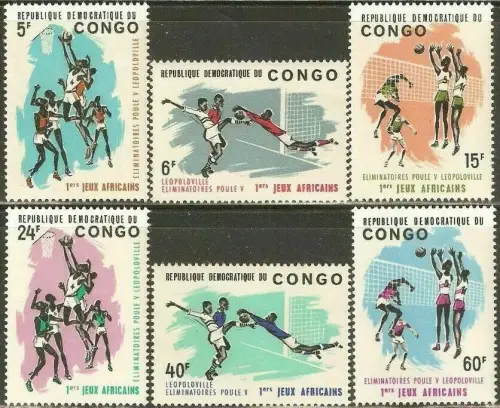

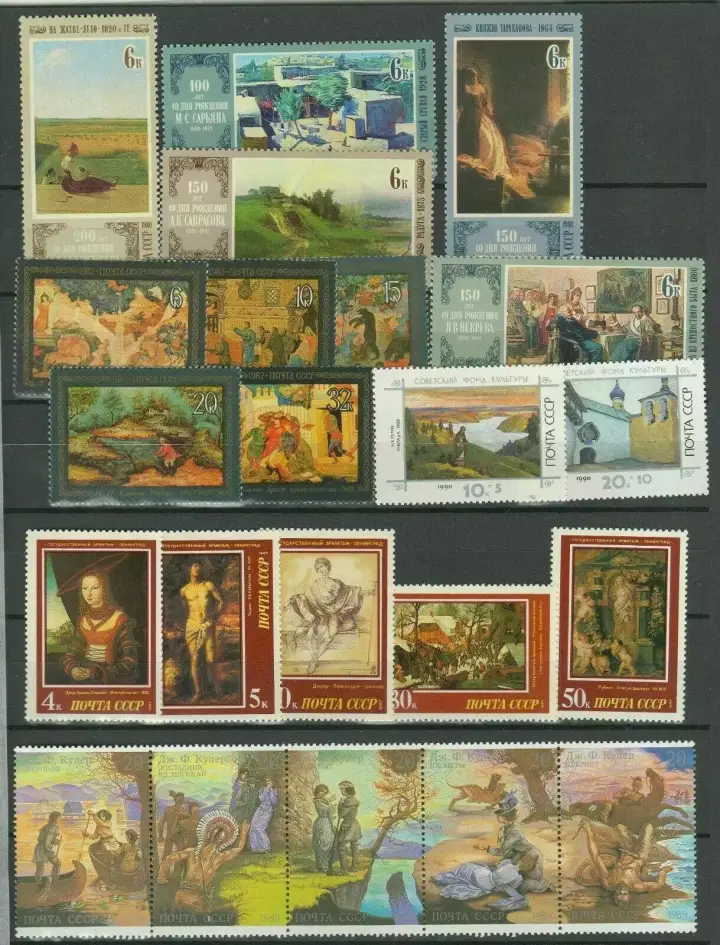
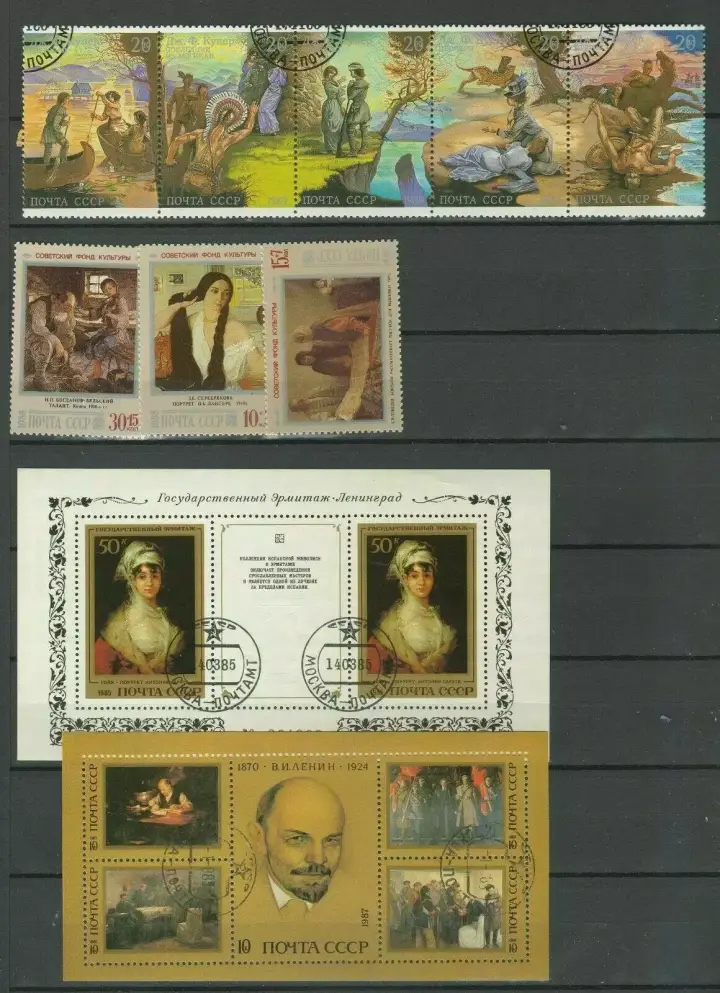
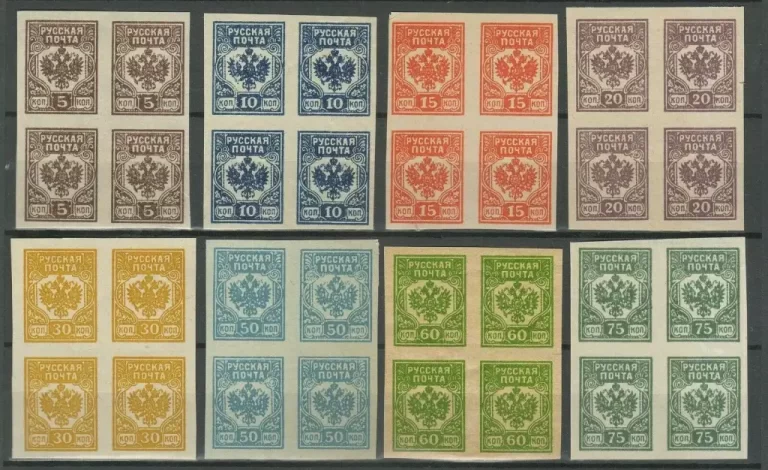
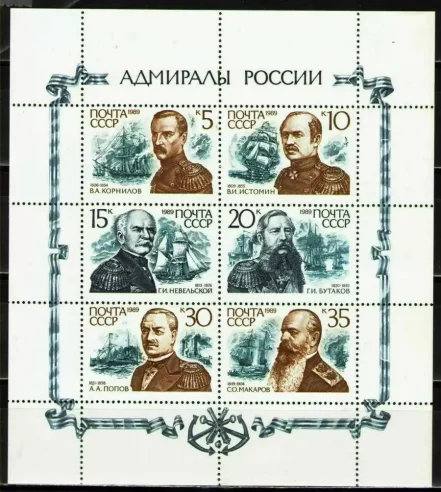
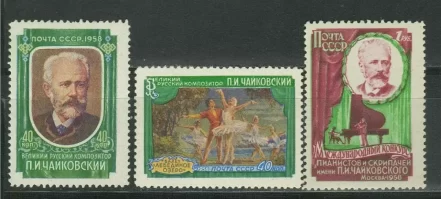
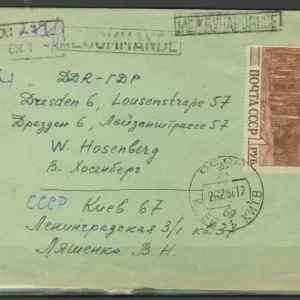
Reviews
There are no reviews yet.